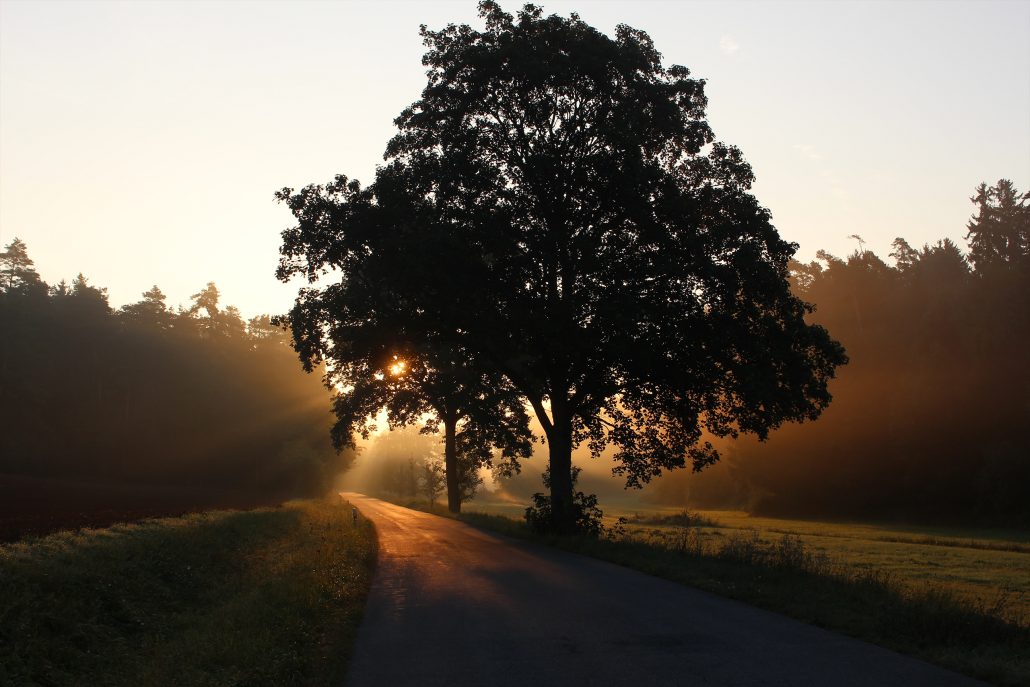
The World Travel and Tourism Council has developed an extensive range of protocols to cover the new normal, for providers as diverse as airlines, shops, hotels and restaurants. “So people prefer to travel with a lot of flexibility.” The adapted destination “There’s a lot of uncertainty around trips,” Sun says.
THE WORLD AFTER COVID 19 FREE
Asian travellers surveyed reported free cancellation, flexible presale bookings and insurance coverage were the most important factors when booking travel nowadays. Group recently conducted research with Google which showed that customers are booking on much shorter lead-times than previously: 80% of bookings in the new world are within a fortnight of departure, as opposed to 36 days before departure in pre-Covid-19 times. “It makes people feel safer because you’re travelling just with your family,” Sun says. Third, we’ve seen certain demand that used to be for outbound travel now turning to domestic travel.”Īmid rising domestic and short-haul demand, packages with rental cars and hotels are more popular than less intimate forms of transportation, such as group tours. “Second, people prefer to travel within smaller groups, for example, with family or good friends. “First, people are very cautious about the health guidelines, so we work closely with our partners to ensure hotels and airlines are safe partners,” she says. Group CEO Jane Sun identifies three key trends. Their concern is actually going home and bringing the disease, infecting their parents or grandparents.”Īnd this fear is shaping how travellers approach journeys. “So younger travellers are not necessarily concerned for themselves. “Here in Asia, many families live with their parents or their grandparents at home, who are more at risk,” he says. While green shoots are present in some markets, Mario Hardy, CEO of travel industry body the Pacific Asia Travel Association, argues that many Asian travellers maintain a genuine fear of infection. In China, travel activities hit the bottom in February and have since been consistently on a recovery track.” “However, it is encouraging that by now, we have seen stabilisation or recovery of travel activities in many of the markets where we operate. “The Covid-19 pandemic has brought significant challenges to the global travel industry,” he says. Liang says product innovation, such as ’s live-streaming initiative which brings destinations and accommodation to life in real time, is key to the travel industry’s recovery. James Liang is chairman of Group, one of the world’s largest online travel agents, operating in 19 languages across 200 countries and regions. Yet reopening travel presents its own challenges. And travellers, many of whom have been largely confined to their homes for months, are starting to dream again of beaches, mountains and monuments. Today, as much of Asia begins to emerge from lockdown, an industry that accounts for about 10% of world GDP is looking towards the new normal. Amid closed borders and cancelled flights, travel came to a virtual standstill, with the United Nations’ World Tourism Organisation declaring 100% of global destinations had implemented travel restrictions at the peak of the pandemic. It is critical that we learn from such pandemic and advance our societies to become stronger.From hand sanitisers in hotel lobbies to cabin crew in masks, localised lockdowns to contact tracing apps, Covid-19 has transformed the world of travel. Third, the pandemic is a clear reprimand to discard the mantra that privatization of healthcare delivery system is the solution in favor of viewing health as a public good that needs to be managed and executed by the state and its public sector, be it national, sub-regional or local. Second, the COVID-19 pandemic has cautioned us on the need to (re)invest in basic, many may consider naïve and simple, public health functions such as sanitation as well as transparent national and global health monitoring. First, there is need to shelf-away the hitherto practiced doctrine that global crises and problems are confronted through local responses. We argue that three realities need to be genuinely addressed for building a post COVID-19 order that has to be amply equipped to deal with the next global crisis, as well as the ones on-going for decades.

The global economic fallout is also unprecedented as the flows of goods and people got severely disrupted while lockdowns hit the transport, services and retail industries, among others.

The pandemic has also inflicted serious damages on global and regional governing political structures to a degree meriting a revisit of their own raison d'etre. COVID-19 has infected hundreds of millions of people across the globe.


 0 kommentar(er)
0 kommentar(er)
